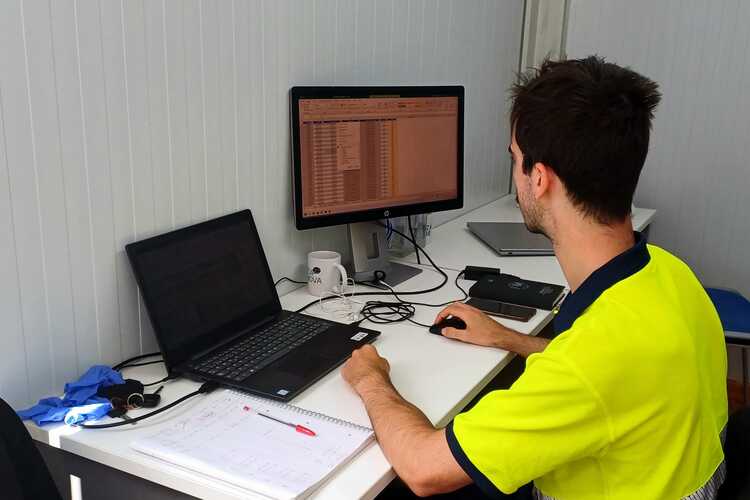Type of project: Secondary
Duration: 4 months
Drinking water treatment at the Venta Alta Water Treatment Plant (ETAP) involves managing multiple technical and economic variables that directly affect water quality, process efficiency, and operating costs.
To improve this process, CATABB has launched the OPERAVA research project, with the aim of developing a decision support protocol for operational decision-making tailored to the various situations that may arise. Currently, the choice of appropriate treatment at Venta Alta depends on factors such as water temperature, organic load, the presence of compounds that generate taste and odor, the price of reagents, energy costs, maintenance needs, and safety criteria.
Without a clear guide, this decision-making process can be complex and subject to uncertainty. Over the next four months, the OPERAVA project will address the creation of an operational manual based on historical data, technological monitoring, and cost analysis. The process will include:
- Collection of historical operational data from Venta Alta and CATABB.
- Technical meetings to define common operational situations and their determining factors.
- Analysis of the current parameters that determine the use of pre-oxidants and powdered activated carbon (PAC), as well as the future use of ozone or ozone with peroxide.
- Review of experiences at other water treatment plants (ETAPs) through technological monitoring.
- Development of a treatment cost calculation tool that considers reagents, energy, and dosing.
The result will be a technical decision-support protocol that will facilitate the selection of the most appropriate process according to the specific conditions at any given time. The OPERAVA project aims to provide the operations teams with a solid and objective foundation to manage the treatments applied at the Venta Alta Water Treatment Plant more efficiently and safely, improving real-time decision-making and optimizing available resources.


